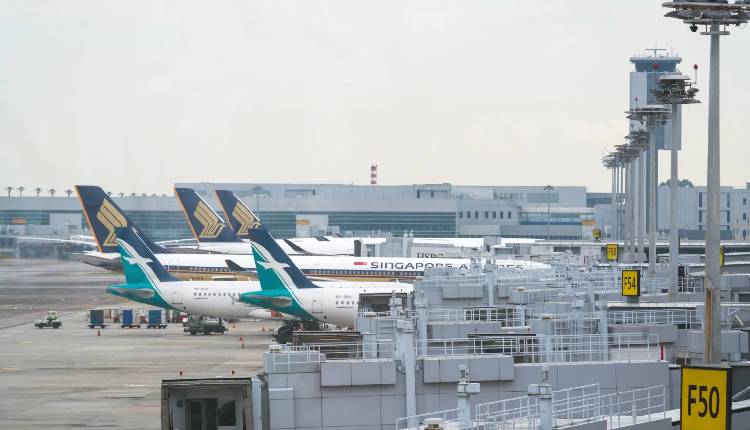Singapore will compel all departing flights to use sustainable aviation fuel (SAF) starting in 2026, which aligns with the global aviation industry’s shift towards greener fuel, the city-state’s transport minister announced on Monday, as reported by Reuters.
Minister Chee Hong Tat unveiled this plan at the Changi Aviation Summit, stating that Singapore aims to achieve 1 per cent SAF usage by 2026 and increase it to 3-5 per cent by 2030, depending on global trends and the broader acceptance and availability of SAF.
The Civil Aviation Authority of Singapore (CAAS) stated that SAF usage is crucial for aviation decarbonisation, anticipating that it will account for about 65 per cent of the carbon emission cuts required to reach net zero by 2050.
CAAS developed this plan after consulting with the industry and other stakeholders.
SAF, produced synthetically or from biological materials like used cooking oil or wood chips, makes up 0.2 per cent of the jet fuel market.
The aviation industry aims to increase this to 65 per cent by 2050 to achieve net-zero emissions, requiring an estimated capital expenditure of $1.45 to $3.2 trillion.
SAF producers face uncertainty about the demand for their fuel, while airlines argue about insufficient supply and high prices, as SAF costs up to five times more than regular jet fuel.
CAAS plans to introduce a SAF levy, varying by travel distance and class, to provide price stability for airlines and passengers, with the levy amount determined by the SAF target and its forecasted price.
For instance, to support a 1 per cent SAF uplift in 2026, an economy class ticket from Singapore to Bangkok, Tokyo, and London could rise by about S$3 ($2.23), S$6, and S$16, respectively. Premium-class passengers will face higher levies, Singapore’s aviation regulator said.


